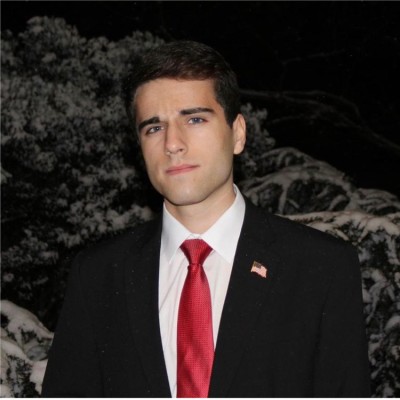This election season, New Hampshire voters established a clear mandate for policymakers to universalize education freedom in the Granite State. The state’s Education Freedom Account (EFA) program is the only education savings account program of its type in New England, empowering families with a wide range of educational options for their kids. This year, campaigners up and down the ballot made the program a key issue, with advocates of the program promising to expand access to all, and opponents promising to abolish it.
Gov.-elect Kelly Ayotte campaigned in support of expanding the EFA program to all families, a stark contrast to her opponent, former Mayor Joyce Craig, who called it a “voucher scheme.” Further, speaking on the night of her primary victory outlining her priorities if she were to become governor, Craig vowed to end Education Freedom Accounts. Ayotte went on to win the governorship by more than nine points, even defeating her opponent in Manchester, the state’s largest city where Craig once served as mayor. Notably, Manchester has the highest number of EFA students of any municipality by far.
In the State House, with almost all incumbent Republicans voting to expand the program’s eligibility and all Democrats voting against it this past legislative session, the GOP built on its majorities in both the House and Senate, obtaining a supermajority in the latter chamber. This despite the GOP being outspent 4-to-1 in legislative races.
Voters make their ballot box decisions on a wide set of issues, but with education playing such a central role in the campaign and being so personally impactful to so many, it is impossible to deny its electoral influence this year. It certainly did not drive voters en masse to reject candidates who support the EFA program and its expansion.
These election results seem to reflect some local and national trends. According to the EdChoice “Schooling in America Survey” this year, 76 percent of the public and a whopping 84 percent of school parents in America indicate support for education savings accounts. 77 percent and 73 percent of self-identifying Democrats and Republicans also express support. With such overwhelming popularity, it comes as no surprise that demand for New Hampshire’s EFA program continues to rise, with the number of EFA students increasing by 26 percent since the beginning of last school year. There are now more students enrolled in the EFA program than there are enrolled in charter schools in the state. Still, not all families have access to this opportunity.
Currently, the EFA program’s eligibility is limited to families with incomes less than or equal to 350 percent of the federal poverty line (FPL), leaving out many middle-class families. Even if the program were to see a 50-percentage point increase to the income threshold, like what was enacted in 2023, so many hard-working people would still be left behind. Removing this income restriction can ensure all families have access to an education setting best fit for their needs. And given the EFA program’s wide use of allowable educational expenses and funding mechanism, New Hampshire is in a unique position to achieve true universal educational choice.
Today, of the more than 30 states offering educational choice programs, just four offer true, universal educational choice. That is, all students are eligible to participate, families have wide flexibility in how they may spend funds, and the programs are funded to ensure all students who want to participate can.
By allowing participating families a high level of customization and uniquely tying the program to the state’s education funding formula, New Hampshire already provides universal usage and funding. By removing income restrictions for EFAs, the Live Free or Die State can become the fifth state in the nation to achieve universal educational choice. In doing so, it will strengthen its competitive edge among its neighbors and serve as a shining example in a region lacking a high degree of education freedom.
Granite Staters have spoken and given state policymakers a historic mandate to empower all families with educational options. The state’s independent, liberty-minded spirit has made New Hampshire such a free and prosperous place to live, work, and raise a family. It’s time to apply this mindset to education. All kids deserve access to an education that meets their needs, whether it’s provided through a traditional public school, private institution, charter, or something else.


